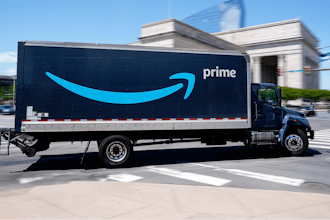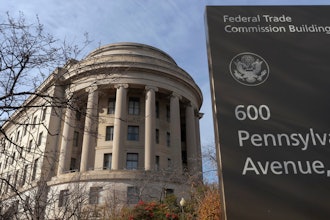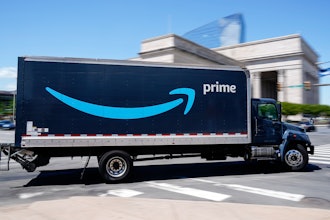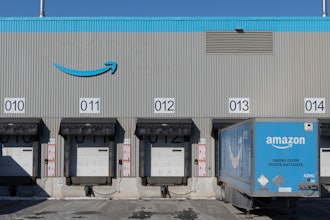
As the presidential campaign prepares to enter its frenzied final two months, the chairman of the House Judiciary Committee is planning to shepherd a potentially controversial tax proposal through Congress later this year.
The Wall Street Journal reports that draft legislation by Rep. Bob Goodlatte, R-Va., would attempt to finally address how states could collect sales tax on products sold online to their residents.
In 1992 — prior to the proliferation of the internet — the U.S. Supreme Court ruled that states could not levy sales taxes on companies that did not have a physical presence within their borders. In subsequent years, as e-commerce boomed, states lost out on billions in tax revenue.
Lawmakers long sought a solution, and the Senate three years ago passed a bill that would have forced companies to collect taxes for the states to which their products are shipped.
That measure, however, languished in the House while Goodlatte worked on an alternative.
His measure would instead levy taxes based on the retailer's state as well as a single rate chosen by the consumer’s state -- an effort to bypass complicated sales tax policies that vary by state.
The bill won praise from House Speaker Paul Ryan, a group of mail-order retailers, the conservative National Taxpayers Union and, perhaps most importantly, the world's largest e-retailer.
"We urge Congress to act now," said Paul Misener of Amazon.com, which currently collects sales taxes in most states, told the Journal. "We recognize that there are multiple ways to draft this legislation, and, in addition to other bills, we also support Chairman Goodlatte’s new alternative approach."
House conservatives, however, could view the measure as a tax increase or an expansion of state governments' taxing authority, and it likely faces an uphill battle among Senate Democrats that supported the 2013 bill.
Goodlatte's bill would also create complicated scenarios in five states with no sales tax: Alaska, Delaware, Montana, New Hampshire and Oregon.
Conventional retailers, meanwhile, were also hesitant to quickly embrace the new legislation.
"While retailers welcome today's action by the Chairman to move the process forward, we will continue to press for changes that achieve true parity at the point of sale," said Joe Rinzel of the Retail Industry Leaders Association.






















